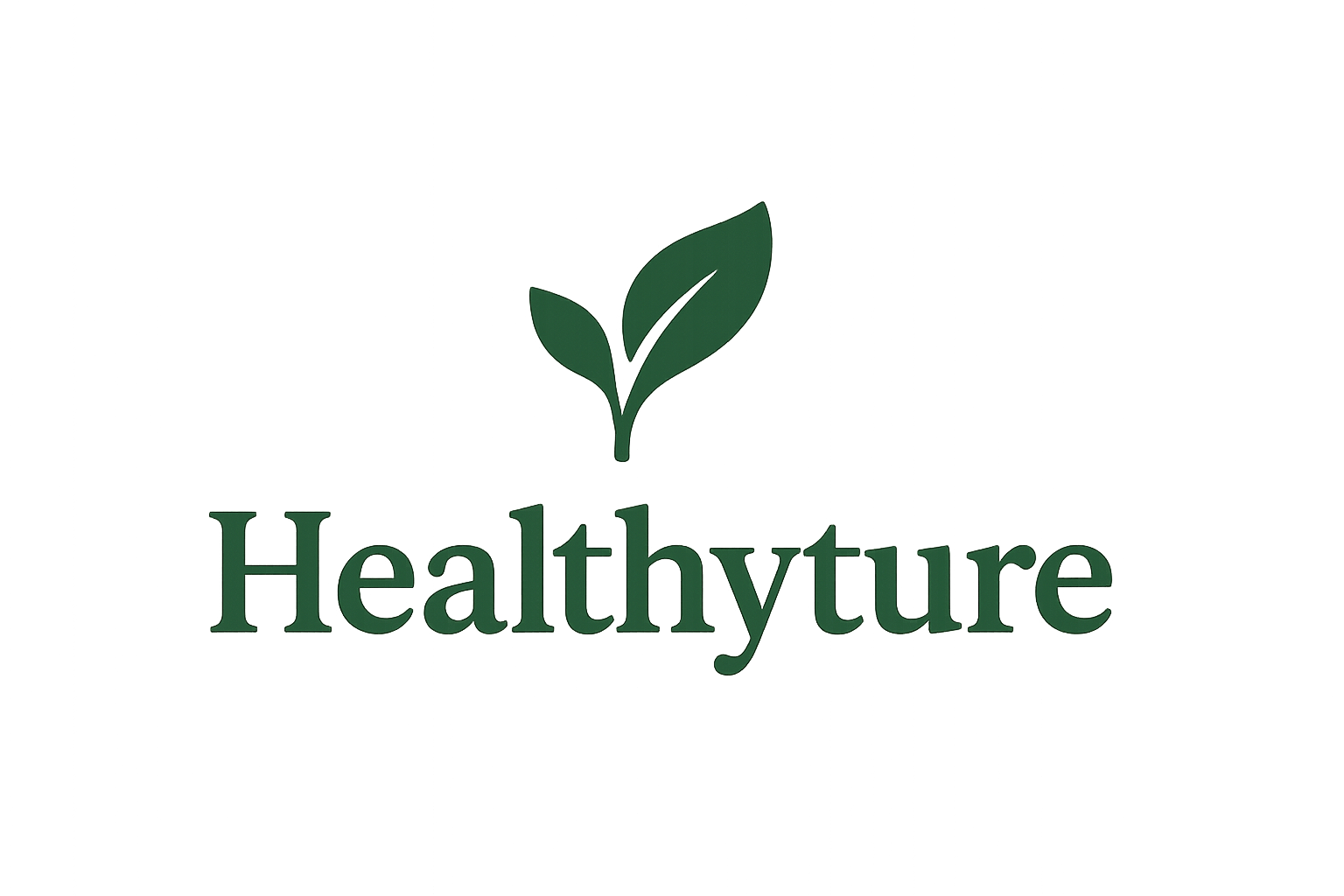Gut Health & Microbiome: The Ultimate Guide to a Healthy Digestive System, Strong Immunity, and Better Mental Wellbeing
🌱 Introduction: Why Gut Health Matters More Than Ever
In the past, digestion was often seen as a simple process—food goes in, nutrients are absorbed, and waste comes out. But modern science has revealed that gut health is far more complex and influential. At the center of this discovery lies the microbiome—the community of trillions of bacteria, fungi, and microorganisms that live in our digestive system.
The gut microbiome is now recognized as a “second brain” because it communicates directly with the central nervous system, regulates immunity, influences metabolism, and even affects mood. Poor gut health is linked to conditions such as obesity, diabetes, irritable bowel syndrome (IBS), anxiety, depression, autoimmune disorders, and chronic inflammation.
In this comprehensive guide, we will explore:
- ✅ What the gut microbiome is and why it’s vital
- ✅ The connection between gut health and immunity
- ✅ The gut-brain connection and mental wellness
- ✅ Signs and symptoms of an unhealthy gut
- ✅ Foods and nutrients that improve microbiome balance
- ✅ Probiotics, prebiotics, and postbiotics explained
- ✅ Lifestyle tips for long-term digestive health
🔬 What is the Gut Microbiome?
The gut microbiome refers to the trillions of microorganisms living in your gastrointestinal tract. This ecosystem includes bacteria, viruses, fungi, and other microbes. While the idea of bacteria living inside us may sound concerning, many of these microbes are beneficial and essential for health.
Functions of the gut microbiome include:
- Digestion: Breaking down fiber and complex carbohydrates.
- Nutrient Absorption: Supporting the assimilation of vitamins and minerals.
- Immunity: Training immune cells to differentiate between harmful and harmless invaders.
- Metabolism: Regulating blood sugar, fat storage, and energy levels.
- Mental Health: Producing neurotransmitters like serotonin, dopamine, and GABA.
Fun fact: Around 70% of the immune system is housed in the gut.
🧠 Gut-Brain Connection: How Microbes Affect Mental Health
Have you ever had “butterflies in your stomach” before a big event? That’s your gut and brain communicating.
The gut and brain are linked through the gut-brain axis, a bidirectional pathway involving the nervous system, immune system, and chemical messengers.
Ways the gut influences mental health:
- Serotonin Production: Nearly 90% of serotonin—the “happy hormone”—is produced in the gut.
- Stress Response: Imbalanced gut bacteria can increase cortisol, the stress hormone.
- Anxiety & Depression: Research links dysbiosis (imbalance in gut bacteria) with mood disorders.
This is why many experts now emphasize gut health as a foundation for emotional wellbeing.
⚠️ Signs of an Unhealthy Gut
An unhealthy gut can manifest in many ways, sometimes beyond digestive discomfort.
Common symptoms include:
- Chronic bloating, gas, or constipation
- Food intolerances or sensitivities
- Persistent fatigue or brain fog
- Skin issues like acne, eczema, or rosacea
- Autoimmune flare-ups
- Frequent colds or weak immunity
- Mood swings, anxiety, or depression
If these issues sound familiar, your microbiome may be out of balance.
🥗 Foods That Heal the Gut
Nutrition plays the biggest role in shaping gut health. A diet rich in whole, plant-based foods and diverse fibers helps maintain a balanced microbiome.
Best foods for gut health:
- Fermented foods: Yogurt, kefir, kimchi, sauerkraut, miso, tempeh
- Prebiotic-rich foods: Garlic, onions, leeks, asparagus, bananas, oats
- High-fiber foods: Beans, lentils, whole grains, vegetables
- Polyphenol-rich foods: Green tea, berries, dark chocolate, olive oil
- Bone broth: Rich in collagen and amino acids for gut lining repair
At the same time, it’s important to reduce processed foods, artificial sweeteners, excessive alcohol, and antibiotics (unless medically necessary) as they disrupt microbiome balance.
💊 Probiotics, Prebiotics, and Postbiotics
Many people confuse these terms, but each plays a unique role in gut wellness.
- Probiotics: Live beneficial bacteria found in supplements and fermented foods. They help restore balance.
- Prebiotics: Non-digestible fibers that act as food for probiotics (e.g., garlic, onions, bananas).
- Postbiotics: Beneficial compounds produced when probiotics digest prebiotics—these include short-chain fatty acids that reduce inflammation.
💡 Think of it like this: Prebiotics are fertilizer, probiotics are seeds, and postbiotics are the fruits.
🏃 Lifestyle Habits That Improve Gut Health
Improving gut health isn’t just about food—it’s also about holistic lifestyle choices.
Practical tips for a healthier microbiome:
- Manage stress through yoga, meditation, or breathwork.
- Exercise regularly, as physical activity increases microbial diversity.
- Prioritize sleep—lack of quality rest disrupts gut balance.
- Stay hydrated, since water supports digestion and nutrient absorption.
- Avoid smoking and excess alcohol, which damage gut lining.
- Practice mindful eating—chew slowly and avoid overeating.
🌍 Future of Gut Health: Personalized Nutrition
With rapid advances in AI-driven health apps and microbiome testing kits, the future of gut health lies in personalized nutrition. Soon, individuals will receive tailored diet plans based on their unique microbiome analysis, allowing for precision gut wellness.
📝 Conclusion: Heal Your Gut, Transform Your Life
Your gut is not just a digestive organ—it’s a powerhouse that affects immunity, energy, skin health, and even mood. By nourishing your microbiome with the right foods, supplements, and lifestyle habits, you can dramatically improve your overall health.
Remember: a healthy gut = a healthier, happier you.









Leave feedback about this